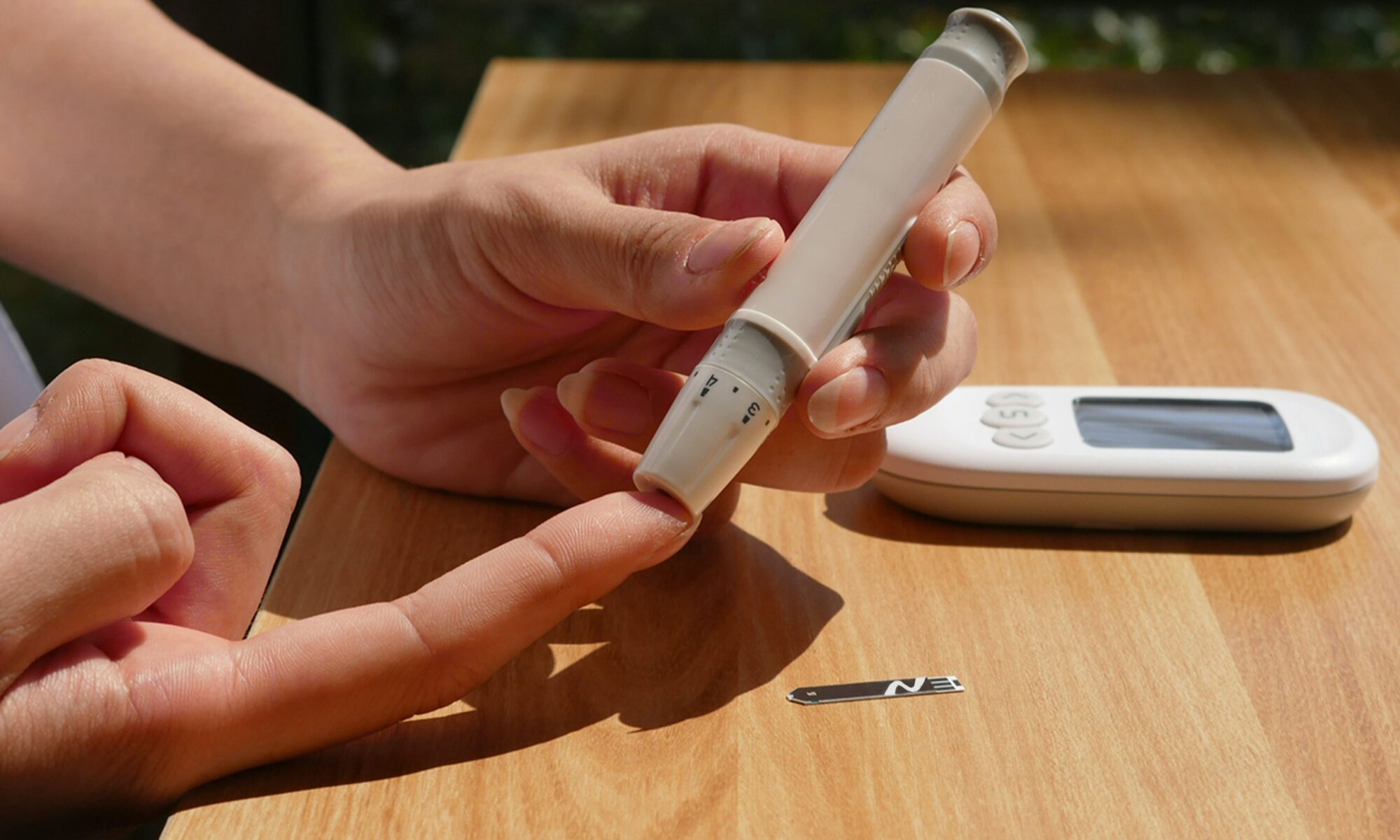Although many cases of type 1 diabetes (T1D) emerge in childhood because it is an autoimmune disorder unrelated to diet or exercise, there are some individuals who develop T1D in adulthood. This condition is referred to as latent autoimmune diabetes in adults, or LADA. LADA shares characteristics with both type 1 and type 2 diabetes, but it is more closely related to type 1.
Researchers estimate that around 10 percent of individuals diagnosed with T2D actually have LADA. This is discovered when patients do not respond as expected to common T2D treatment. Just like with T1D, their body’s immune system mistakenly attacks and destroys insulin-producing beta cells that are essential for blood sugar regulation.
Up to this point, autoantibody screening was the primary way of differentiating between LADA, T1D, and T2D, but this can be an expensive process. However, a recent study found that there may be genetic differences between these conditions that are significant enough to serve as a more affordable yet still reliable way of diagnosing diabetes type.
With T1D, when researchers examined the major histocompatibility complex (MHC) and “control for T1D genetic variants in one part of the MHC, other variants associated with T1D appear in another part of the MHC.” When they conducted the same test on LADA patients, the results were not the same. In controlling for T1D genetic variants, there was no association in another part of the MHC. Furthermore, they saw the same differences in outcomes when a sensitivity test was conducted.
These genetic differences may help medical professionals more accurately diagnose individuals with LADA and provide more effective treatment sooner. Additional research is necessary to determine whether these findings hold true across multiple ethnicities.
It is these types of studies that help other scientists advance their own research regarding type 1 diabetes in order to improve diagnosis, treatment, and management of the disease. Diabetes Research Connection (DRC) provides critical funding for early-career scientists pursuing novel research studies on T1D. To learn more or support current projects, visit http://localhost/drc.




